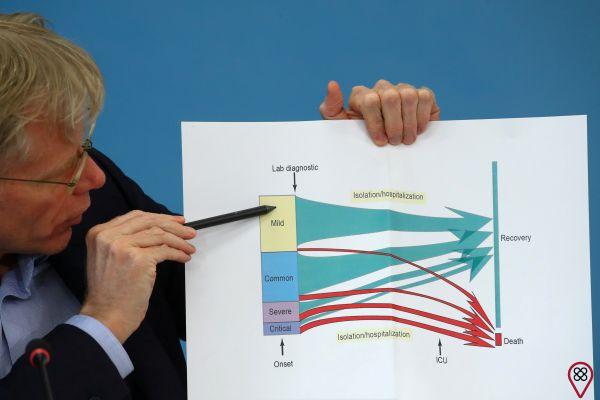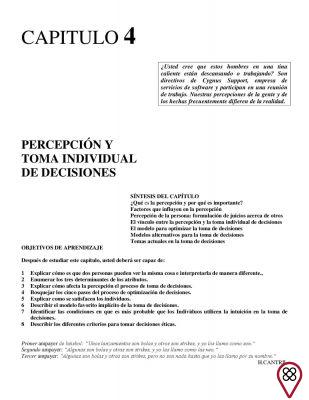Although Children's Day is a much-anticipated year-round date, there is another special day to think about childhood and to reflect on how to raise children.
World Children's Day, celebrated annually on March 21, was created by the United Nations Children's Fund (UNICEF), with the aim of raising awareness among families and governments worldwide about the need to educate children correctly.
Therefore, World Children's Day should not be celebrated with gifts for sons and daughters, but with analyzes and reflections on education, leisure and the social formation of children.

Two of the fundamental pillars of childhood are building relationships with other people and exercising imagination. It is through these two activities that a child develops empathy, the act of listening, discoveries about the world, the stories they want to tell and the sensations they will accumulate throughout their lives.
These processes can be guided and encouraged by a simple and often underestimated act: play. According to Marcia Nanaka, a specialist in early childhood education, it is through play, especially in groups or in the family, that a child learns to respect others, to define limits and to feel the space.
In addition, games are essential to improve speech and motor coordination, so that the child develops decision-making and learns to deal with defeat, frustration, competitiveness and victory.
It is not only professionals in early childhood education who recommend the inclusion of games in a child's routine. The Valor do Brincar Livre survey, promoted by the OMO brand, in 2016, revealed that, in ten countries, 98% of the interviewed families use games in the education process of their children.
About 94% of Spanish families interviewed by the survey believe that, without the possibility of playing, children may have impaired learning. But are the children really playing? Or are they surrendering to other stimuli?
What are the threats?
The Valor do Brincar Livre survey reveals that, even though families in ten countries around the world recognize the importance of play in the formation of a child, more than 80% of the little ones have fun for less time than the minimum necessary to develop all the skills .
Family members recognize the problem: 87% of them believe that children need more time to play. The obstacles to this are in two main factors: time and space. Among those interviewed, 48% of family members do not have time to play with their children and 40% do not find a safe and suitable place to let their children have fun.

With that, a new problem arises. The ease and convenience of screens (television, computer, tablet and cell phone) limit play during childhood. The data also show that 21% of children spend all their free time in front of the television and that 89% of Spanish family members say that their children prefer virtual sports to those they can practice in real life.
On the other hand, for 85% of families, children are more creative when they do not use technology. This does not mean that screens are prohibited for the little ones, but that it is necessary to control the time of use of this feature. What else can families do against play limitation?
What is the role of the family?
With an exhausting work routine, getting home and still having to play with your child(ren) can be challenging. The use of screens, which do not require direct monitoring of the child, is tempting. It seems to be the easiest and fastest way to control the child, but the consequences can be disastrous.
According to the World Health Organization, babies up to one year old should not even have contact with screens. For other ages, up to five years old, it is recommended that the child dedicate more time to other activities: playing sports, resting, playing and talking.
Letting the child play with friends, for example, is a solution for families who don't have time to entertain their children. It is a way to stimulate interaction between them, exercise speech, respect and empathy. With adult supervision, children will be able to play safely.
Another possibility is to encourage the child to draw, read, exercise or even help with homework. Of course, a person shouldn't put their child to clean a bathroom, for example, but they can help when making the bed or putting away toys.
For children, even the simplest task can be turned into a game. The act of eating, bathing, dressing… all these things can acquire new characteristics with a little imagination. Encouraging invention is an effective way to create a game that won't be exhausting.
The keywords for families are: supervision, control and patience. Supervision is important for children to play safely and not use screens. Control is essential for children to learn limits and rules about activities, even for those that are invented by them. And patience is an essential factor for children to have the right to make mistakes and to learn from mistakes.
Play for every age
Having understood the importance of playing, the family must learn which activities are recommended for each stage of the child. Check out each of them and apply with the little ones!
1) For 2 year olds
At this age, the best toys are those that involve: hearing (musical instruments), touch (modelling clay, drawing and painting), physical activity (walks to the park, pulling or pushing toys) and storytelling.
2) For 3 year olds
Toys that stimulate touch are still valid for this age. The novelties are the stimulation of reasoning, with simple puzzles, toys to assemble and activities that involve the creation of characters or scenarios.
3) For 4 year olds
Physical activities should gain a special stimulus at this stage. Jumping rope, running, swinging and sliding down a slide are essential activities. Drawing and painting should not be abandoned, as well as building toys.
4) For 5 year olds
More complex games such as hopscotch, hide-and-seek and siren should be learned and practiced at this age. This is when the child will be prepared to live with other people and will be able to create their own play dynamics.
You may also like
- Understand each stage of a child's development
- Celebrate Children's Day with great joy
- Encourage play in children's education
5) From 6 to 10 years old
In the last phase before pre-adolescence, children can continue to play with everything they have learned to use before, but bring some sophistication to play and toys. More complex puzzles and drawings using new materials are good suggestions.

























